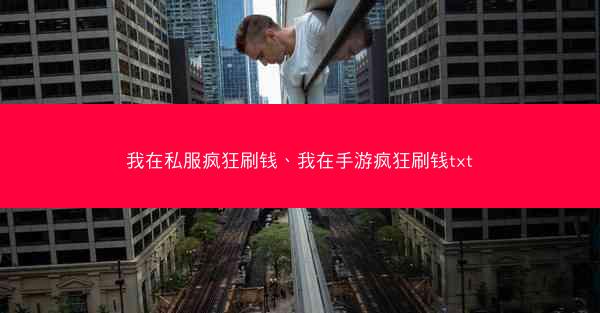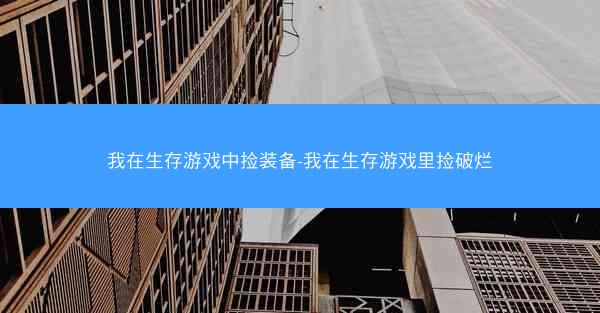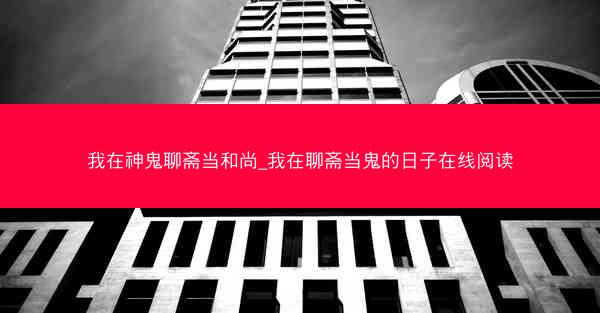
In the heart of New York City, where the skyscrapers kissed the clouds and the streets were alive with the pulse of a million dreams, there existed a shadowy figure known only as The Phantom. This was not a superhero, nor a villain in the traditional sense. The Phantom was a ghostly presence, a specter of the urban jungle, a being who danced on the precipice of law and chaos.
The Whispered Streets
The Phantom's story began in the labyrinthine alleys of Chinatown, where the scent of soy sauce mingled with the exotic aromas of incense. Here, in the dim light of a moonless night, The Phantom would emerge, cloaked in a shroud of mystery. The locals spoke of him in hushed tones, their voices tinged with fear and awe.
I've seen him, an elderly woman would whisper, her eyes wide with disbelief. He moves like a ghost, silent and unseen. But his presence is as tangible as the bricks that make up our city.\
The Phantom was a translator, but not of words. He was a bridge between worlds, a conduit for the unspoken truths that lay hidden beneath the surface of everyday life. In the bustling streets of New York, he found his calling.
The Art of Deception
The Phantom's true identity was a secret known only to a select few. He was a former intelligence officer, a man who had mastered the art of deception. Now, in the anonymity of the city, he used his skills to navigate the complex web of human emotions and desires.
One night, as the city slumbered, The Phantom found himself in the midst of a high-stakes negotiation. A wealthy businessman was seeking to acquire a rare artifact, one that was said to possess untold power. The Phantom, posing as a seasoned art dealer, was the key to securing the deal.
With a knowing smile, he translated the businessman's desires into a language that only he could understand. The artifact was his, and with it, a step closer to the ultimate prize.
The Echoes of the Past
But The Phantom's journey was not without its trials. The city, with its relentless pace and unyielding demands, began to take its toll. The echoes of his past life haunted him, reminding him of the sacrifices he had made for his country.
One evening, as he walked the streets of the Upper West Side, he stumbled upon a small, dimly lit café. Inside, a group of elderly men were gathered, their voices filled with nostalgia and tales of a bygone era. The Phantom, drawn by an inexplicable force, took a seat at the table.
As the night wore on, he listened to their stories, each one a fragment of his own past. He realized that the city, with all its secrets and shadows, was a reflection of his own soul. He was not just a ghost in the urban landscape; he was a part of it.
The Reckoning
The Phantom's life of deception came to a head when he was confronted by a rival dealer who sought to uncover his true identity. In a tense standoff, The Phantom was forced to reveal his past and the reasons behind his transformation.
The rival dealer, a man who had once been a close friend, was shocked by the revelation. Why did you leave us? he asked, his voice filled with pain and betrayal.
The Phantom looked into his friend's eyes and spoke the truth. I left because I needed to find myself. The city was a mirror, reflecting my inner turmoil. But now, I see that I have found a new purpose here.\
The Legacy
In the end, The Phantom's legacy was not one of power or wealth, but of transformation. He had become a symbol of the city's resilience, a reminder that even in the darkest of times, there is always hope.
As he walked the streets of New York, his presence was felt by all who crossed his path. They saw him not as a ghost, but as a guardian, a protector of the city's secrets and its soul.
And so, The Phantom continued his dance on the precipice of law and chaos, a ghostly presence in the urban jungle, a translator of the unspoken truths that bind us all.










